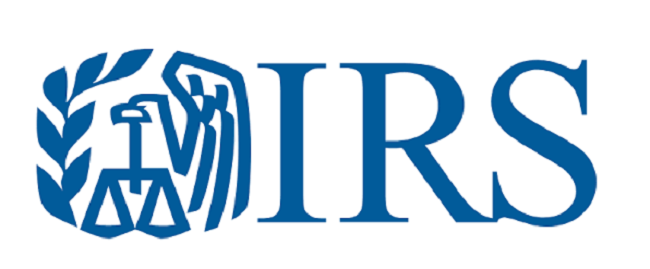The U.S. Internal Revenue Services (IRS) is sending out another round of letters to cryptocurrency holders, but unlike the 10,000 notices sent out last month, the new ones will include the specific amounts owed by taxpayers.
“[CP2000] is more severe [than the previous 10,000 letters] in the sense that there is an actual, specific amount that the IRS is saying that is the proposed amount due, as opposed to… a very general warning letter,” Chandan Lodha, CoinTracker co-founder, said.
The new notes, CP2000, is intended when the information taxpayers report on their tax return differ from the information the agency obtained independently from third parties. The amount stated on the notice is the amount the IRS believes the taxpayers owe. However, they can file a dispute within 30 days of receiving the notice.
In addition, recipients of the letter are obliged to respond regardless if they agree with the tax assessment or not. Failure to do so can result in further interest and penalties. Moreover, those who disagree with the assessment should send a corrected statement.
The IRS reportedly used the Form 1099-K to gather the third-party data for calculating the proposed tax amount, according to The Block. The form is a document used by some cryptocurrency exchanges for customers who conducted transactions above certain thresholds. The IRS is demanding exchanges to file a separate copy of the same form.
However, some cryptocurrency taxation researchers believe that the Form 1099-K is not a “good fit” as the basis for cryptocurrency tax information, arguing that the form only shows the aggregated transaction volumes and not the actual gains the exchange made through the transactions.
Justin Woodward, TaxBit Co-Founder and Attorney, also noted that since 1099-K forms are usually used to report income for merchants, most of the transactions are reported as revenue, regardless of any losses that may have occurred.
Authorities from the U.S. are not the only ones cracking down tax evaders. British tax authority HM Revenue & Customs (HMRC) is also asking cryptocurrency exchanges to provide the name and transaction histories of their customers, as it attempts to recover unpaid taxes.
























Comment 0